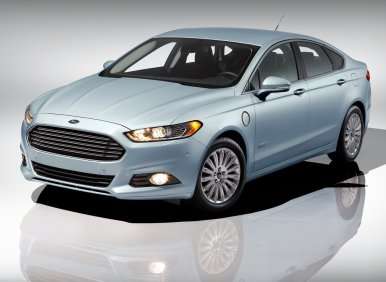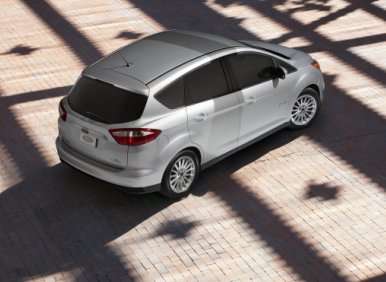Recent Articles
Popular Makes
Body Types
Ford Busting Batteries With New Testing Program

Electrically powered cars have been around for more than 100 years, but only recently with advancements in battery technology have they become viable alternatives to the internal combustion engine. With new advancements in batteries comes many new question and concerns with consumers. Many consumers and manufacturers are unaware of how these new batteries will perform after years of hard duty at the hands of drivers. With battery reliability becoming one of the largest purchase factors for many Americans, Ford has decided to step forward and ease a few minds. Ford is currently investing $135 million dollars on key pieces for its battery equipped vehicles, including a two-fold increase in battery testing capabilities. Ford has gone so far as to design a new testing program that allows engineers to simulate 10 years of battery wear in as little as ten months.
The new test is called the Key Life Test and has been designed for the newest and most powerful type of batteries, lithium-ion. The Key Life Test allows for multiple variables to be accounted for including temperature, acceleration and stopping differences and even how the location of the battery in the vehicle may affect performance.
“Recent studies show consumers are keeping their vehicles longer, and regulations in some regions now require batteries to carry warranties for greater distances,” said Kevin Layden, director of Ford Electrification Programs. “Fortunately, our tests take into account distances and conditions that go way beyond those normal requirements.” Ford currently has plans to sell five different electrified vehicles during 2013 – Fusion Hybrid, Fusion Energi plug-in hybrid, C-MAX Hybrid, C-MAX Energi plug-in hybrid and Focus Electric – each with the new li-ion battery systems.

Ford has been producing hybrid vehicles since the 1980s and is using this experience to its advantage. Since 2004 and the introduction of the Escape Hybrid, Ford has produced more than 50-million battery cells. Despite the large number of cells produced, Ford says that only six of those cells have ever failed. This is particularly impressive considering many of these earlier hybrids are being used as taxis in cities like San Francisco and New York. Some of these hybrid machines have racked up more than 250,000 miles.
With these older hybrids being based on the less powerful and reliable nickel-metal-hydride technology, the li-ion batteries should provide even greater reliability. “We can’t do an apples-to-apples comparison between the nickel-metal-hydride and lithium-ion batteries,” says Mazen Hammoud, chief engineer, Electrified Powertrain Systems. “But we can evaluate much of the data collected to see how hybrid vehicles are driven, the kinds of conditions they face and the demands that are placed on them. Knowing all of that helps us benchmark our tests and ensure the lithium-ion batteries are meeting or exceeding expectations.”
